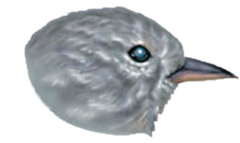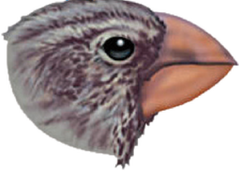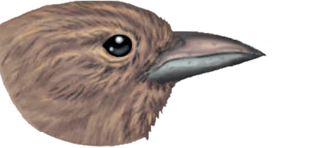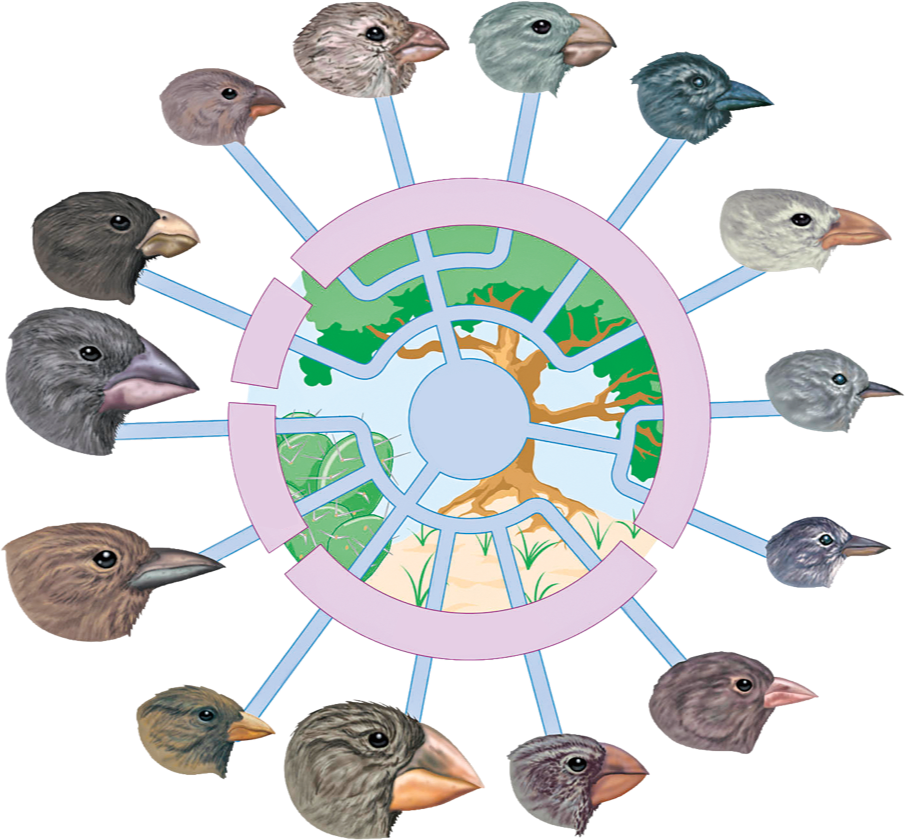ThefinchesontheGalápagosIslandsweredifferentfromthoseinmainlandEcuador.Theirbeaksweresuitedforhowtheygottheirfoodoneachisland.Beakshape,Darwinrealized,wasanadaptationthathelpedthefinches survive.
Forexample:

Greenwarbler‑fincheshavethin,sharpbeaks.Theyusethemtospear insects.

Mediumgroundfinches haveshort,stubbybeaks.Theyusethemtoeatseedsonthe ground.

Commoncactusfincheshavebroad,curvedbeaks.Theyusethemtonibbleon plants.
medium tree finch
(Camarhynchus pauper)

largetree finch
(Camarhynchus psittacula)
mangrove finch
(Camarhynchus heliobates)
woodpecker finch
(Camarhynchus pallidus)
greenwarbler‑finch
(Certhidea olivacea)
Cocos finch
(Pinaroloxias inornata)
smallground finch
(Geospiza fuliginosa)
mediumground finch
(Geospiza fortis)
largeground finch
(Geospiza magnirostris)
sharp‑beakedground finch
(Geospiza difficilis)
commoncactus finch
(Geospiza scandens)
Españolacactus finch
(Geospiza conirostris)
vegetarian finch
(Platyspiza crassirostris)
smalltree finch
(Camarhynchus parvulus)




